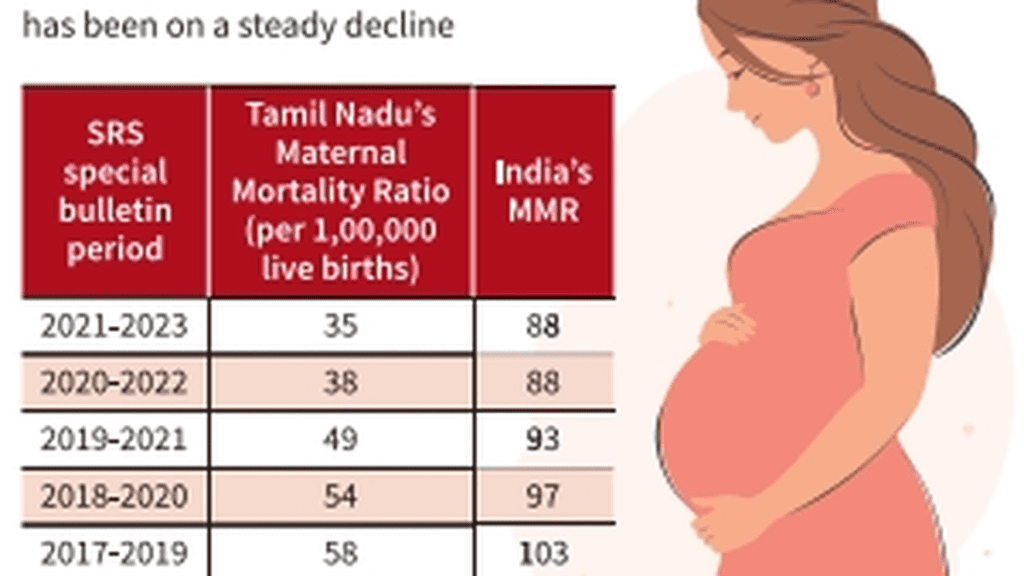It’s not just what you eat, when you eat also matters Premium

It’s not just what you eat, when you eat also matters Premium
What you eat is crucial for health, but equally important is when you eat, say experts.
While working late night or in night shifts has already impacted eating habits and patterns, the mushrooming of food outlets, round-the-clock availability of food, late-night and binge eating is becoming a growing concern.
“It’s not just about what you eat but also when you eat. The body’s internal clock regulates metabolism, and eating in sync with these rhythms can improve metabolism, support weight management, and lower the risk of chronic metabolic diseases,” said Meenakshi Bajaj, dietician, Tamil Nadu Government Multi Super Speciality Hospital.
This is what the concept of chrononutrition looks at. “This is a new discipline that considers the quantity and timing of meals from the perception of chronobiology. Chrononutrition focuses on how the timing of meals impacts health by aligning eating habits with the body’s natural circadian rhythms,” she added.
Recent research suggests a strong association with morning-ness or evening-ness, Ms. Meenakshi Bajaj said, adding: “Irregular eating disrupts this rhythm, leading to poor metabolic health. The evening chronotype has been linked with unhealthy food choices, binge eating, night snacking and various metabolic disorders, including obesity, diabetes, and heart disease, whereas morning individuals are related with lower rates of depression and improved mental health. Late meals can also disrupt hormones and increase appetite.”
Replacing an early, healthy breakfast with an unhealthy late dinner and desserts, from takeaways to dining in food joints by young and middle-aged persons is problematic. The latest fad is exploring and enjoying food from midnight to early morning, she observed. “This food craze may have public health implications, as calorie dense meals when consumed during late evenings, can desynchronise the circadian rhythm. It’s interesting to note that even when a healthy meal or snack is consumed late at night, it has a negative impact on health,” she explained.
A. Chezhian, associate professor of Gastroenterology, Government Kilpauk Medical College Hospital, said that chrononutrition plays a huge role in gastrointestinal health and thereby, overall health. “Eating at a fixed time everyday is important for proper secretion and functioning of digestive enzymes and stomach acid, thereby decreasing the incidence of gastroesophageal reflux disease, gastric ulcers, gallstones. It ensures good gut immunity through establishing and ensuring healthy gut microbiota,” he said.
He added that restricting energy intake time to the light phase is preferable, as it is key to preventing lifestyle disorders such as obesity, fatty liver, diabetes and dyslipidemia, thereby ensuring good cardiovascular health.
“Chrononutrition disruptors are on the rise due to shift working systems and night shifts. This, added to round-the-clock accessibility to food especially junk food, is causing havoc on people’s health. Eating dinner late is a proven risk factor for insulin resistance and thereby metabolic syndrome, which is a combination of obesity, diabetes, hypertension, dyslipidemia and fatty liver. However, one should have a moderate approach to any change in pattern of eating by consulting with a physician,” Dr. Chezhian said.
Arulprakash S., senior consultant and clinical lead, gastroenterology, MGM Healthcare, said there is established evidence that disturbing the circadian rhythm with lifestyle changes such as erratic food habits, consuming high carbohydrate food, foods high in fats and high in calories in the evening could lead to metabolic disorders.
“Ideally, the timing of food intake has to be respected as much as possible. Avoid high calorie intake in the evenings. Those on night shifts can take plant-based diets and drink fluids,” he said. While there are studies to support this, many do take it seriously, he observed. “Genes also determine circadian rhythm. It is not the same for everyone,” he added.
Dr. Arulprakash went on to stress the need to follow a consistent dietary pattern to prevent lifestyle diseases. “People tend to explore and resort to binge eating, including from midnight to 3 a.m. Eating late in the night is definitely not a healthy practise. This is a slow and gradual process and can affect the body as you age. Young people should follow a regular dietary pattern, avoid high carb, high fat foods in the evenings and most importantly, should not skip breakfast,” he said.
Ms. Meenakshi Bajaj pointed out that evidence also indicates that Time-Restricted Eating within a 10-12 hour window during the day and fasting overnight has been shown to improve blood glucose levels, help with weight loss, and enhance overall metabolic health.
“Eating on time is as important as eating healthy. Start the day with a balanced breakfast, promoting satiety and metabolism, and practice ‘light evenings’. Consuming fewer and healthy calories at night prevents weight gain, reduces the risk of fatty liver, high cholesterol, prediabetes and diabetes,” she added.










